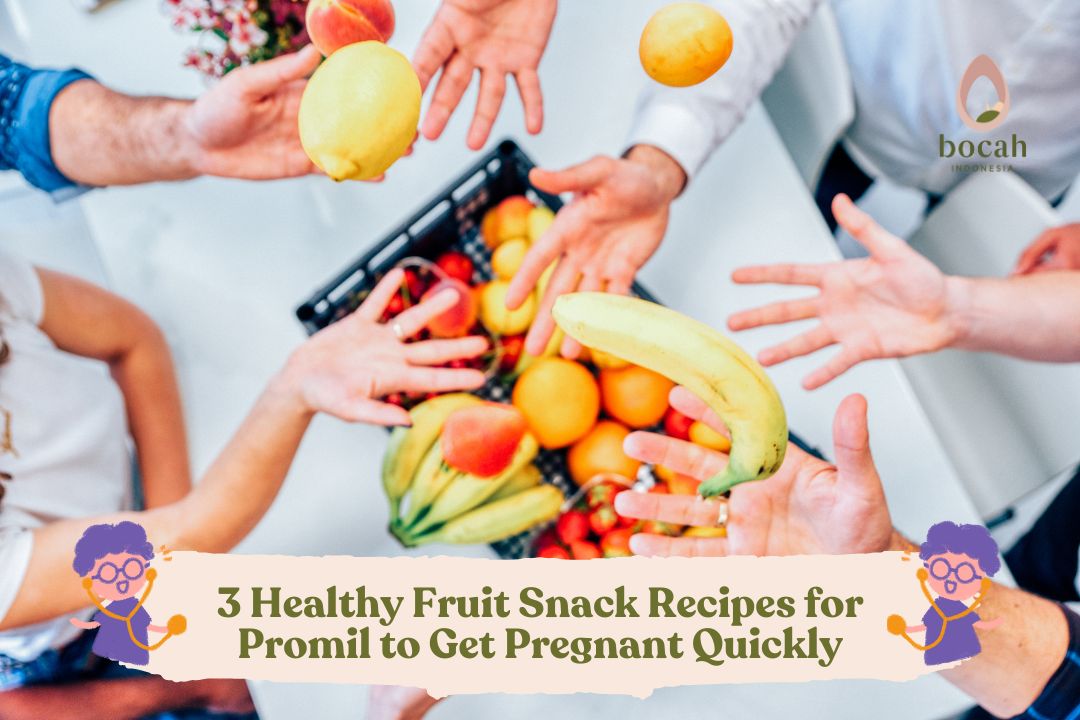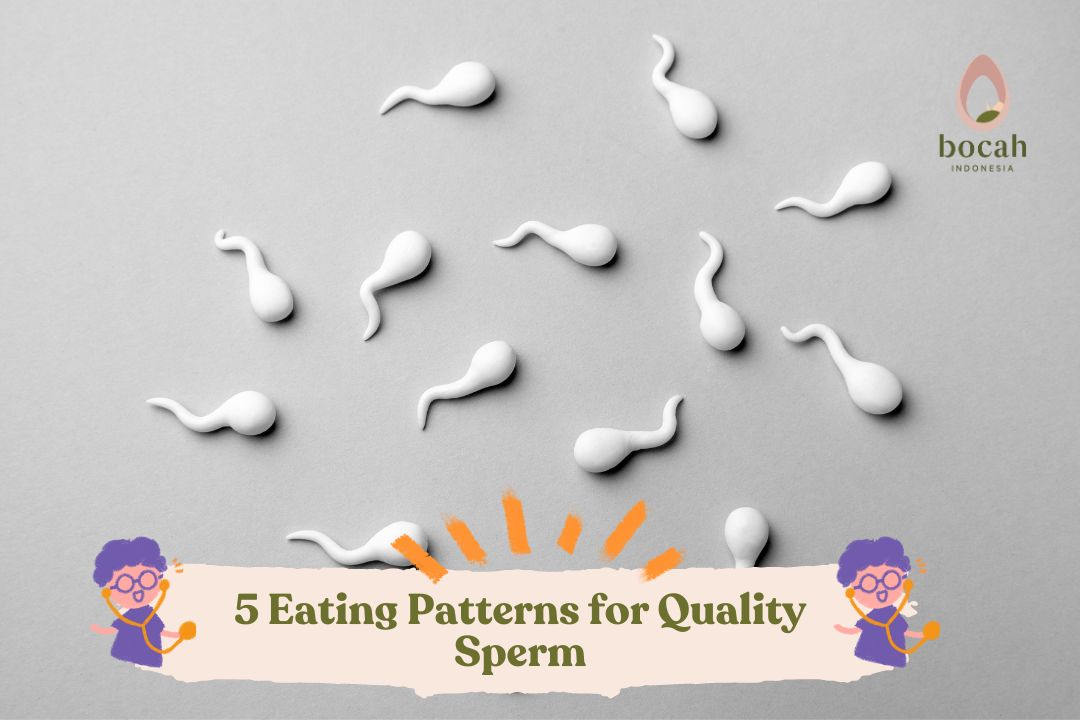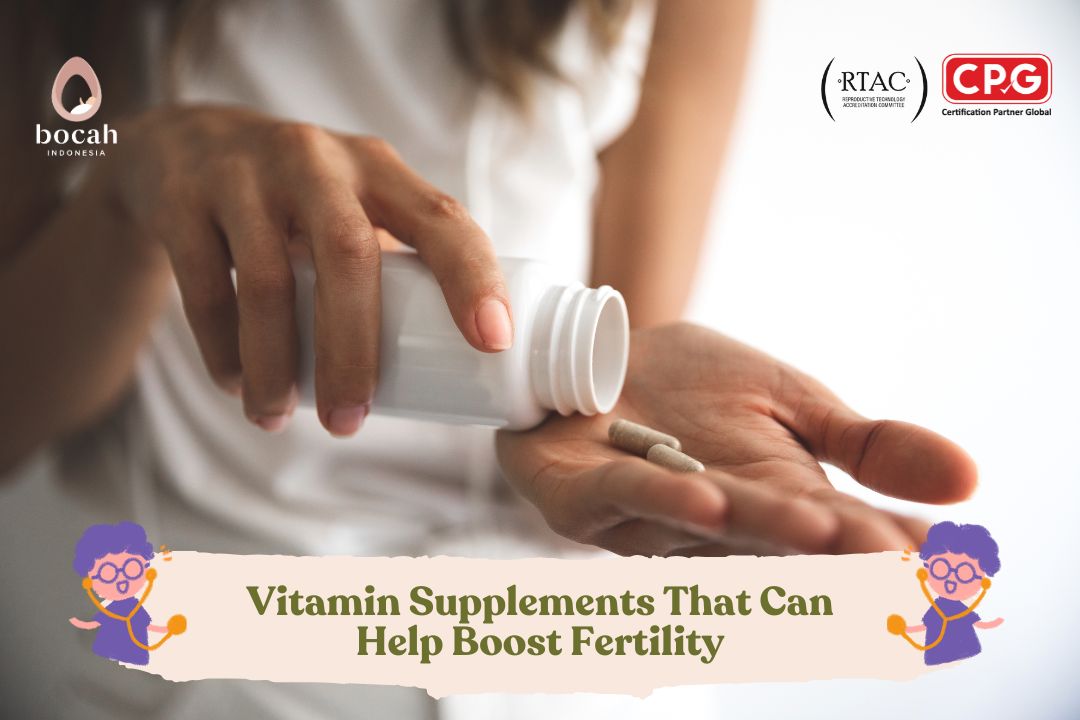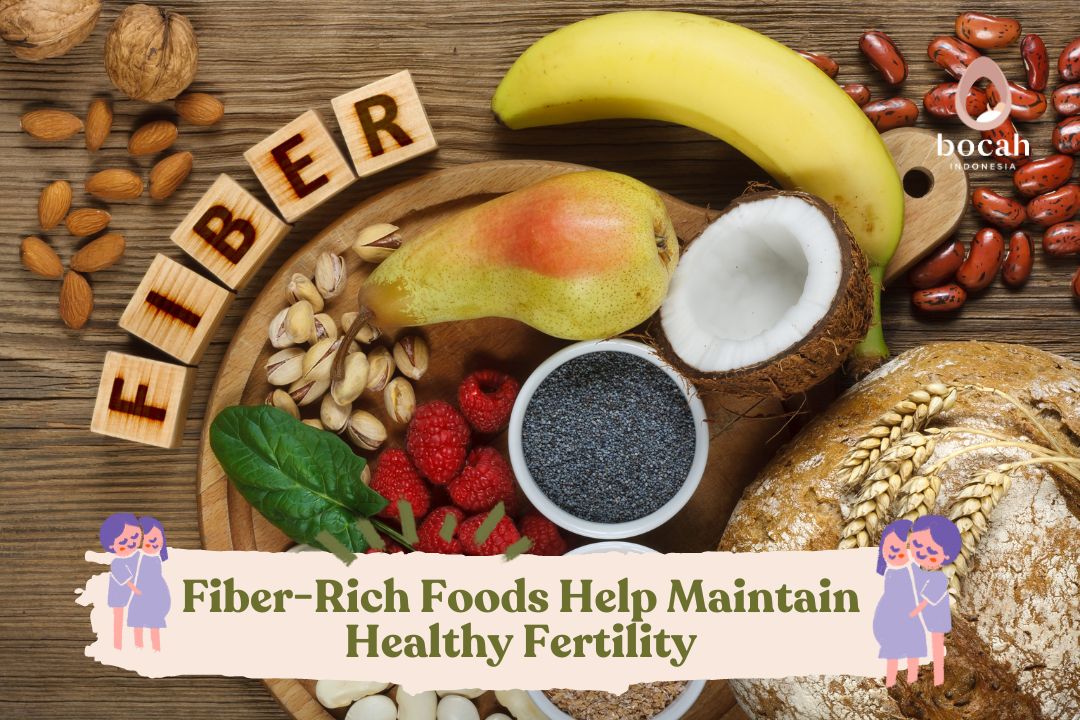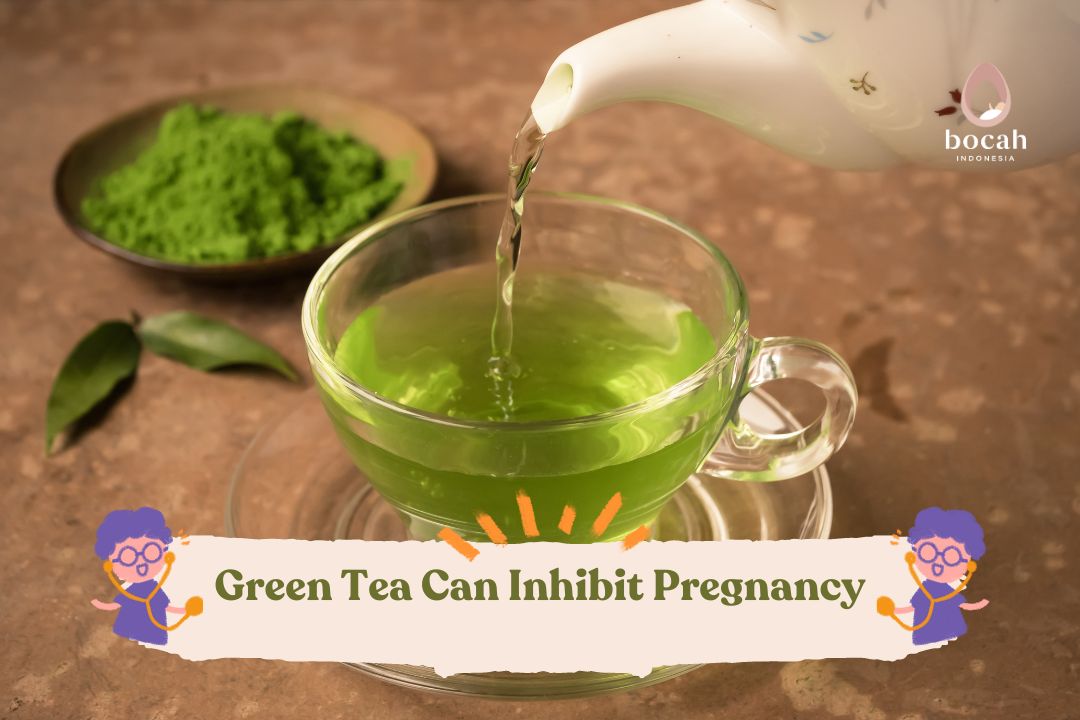Note! Eating Seafood Can Help Achieve Pregnancy Quickly

Seafood contains omega-3, which is good for fertility. However, be cautious not to consume seafood from polluted waters due to the risk of mercury contamination.
Seafood, or seafood-based cuisine, is a favorite among various groups of people. As long as you don’t have allergies to seafood, this cuisine becomes a favorite for its enthusiasts.
Typically, seafood consists of various types of fish, shrimp, crabs, clams, and oysters are some types of seafood that are often encountered. This seafood contains high protein as well as omega-3.
Is Consuming Seafood Good for Fertility?
The intake that needs to be consumed by prospective parents is indeed essential to consider. This is because the nutrients contained in the consumed food must have benefits for both health and fertility.
Some types of foods that need to be consumed when prospective parents plan to undergo pregnancy include green vegetables such as spinach, mustard greens, and broccoli; fruits; and legumes containing folic acid. These nutrients are important for increasing fertility, thus helping couples to conceive quickly.
Tanya Mincah tentang Promil?
In addition to being good for the brain, consuming seafood such as fish is also good for maintaining the fertility and libido of couples. According to research published in the Journal of Clinical Endocrinology & Metabolism, couples who consume seafood are more likely to conceive compared to those who do not.
This research is related to omega-3 and its association with fertility for both men and women. In this case, seafood is one of the main sources of omega-3.
Omega-3 is usually found in several types of fish such as tuna, salmon, mackerel, barramundi, mackerel, bonito, and selar fish.
However, according to Dr. Febriyan Nicolas, Sp.OG., M.Kes., a specialist obstetrician and gynecologist from Bocah Indonesia, it is advisable to avoid consuming seafood from deep waters. This is because fish or other seafood is at risk of mercury contamination.
“(Seafood from deep waters) should be avoided because of the risk of mercury contamination,” said Dr. Nico.
The Role of Omega-3 in Fertility
Omega-3 fatty acids have a wide range of benefits for health, especially the heart and brain. Some benefits obtained when consuming omega-3 include:
- Preventing heart disease
- Maintaining eye health
- Keeping the brain healthy
- Strengthening the immune system
- Maintaining mental health
- Maintaining bone and joint health
- Supporting fetal development
- Reducing the risk of cancer
However, omega-3 also plays an equally important role in fertility. Omega-3 can help improve the fertility of both men and women, increasing the chances of pregnancy.
In addition to fish, omega-3 can also be obtained from nuts, grains, and supplements.
Now, parents need to know that there are several benefits of omega-3 for fertility, such as helping regulate menstrual cycles to be more regular, regulating reproductive hormones, increasing blood flow to the uterus, reducing inflammation in the body because ovarian function can be disrupted if there is inflammation.
Not only that, omega-3 in seafood can increase mucus in the egg cells and reduce sensitivity to prolactin hormones that can suppress ovulation. Therefore, consuming omega-3 fatty acids found in seafood can help improve fertility in women.
As for the role of omega-3 fatty acids in fertility for men, it helps in maturing sperm. Of course, mature sperm are more likely to fertilize egg cells.
Omega-3 indeed plays a crucial role in fertility. However, prospective parents need to meet other balanced nutritional intake for their planned pregnancy to be more optimal.
Make sure to consume omega-3 according to the recommended dosage by a doctor. Although beneficial, excessive consumption can be harmful to health. Let’s share this information with other prospective parents.
Source:
- Gaskins, A.J., et al. (2018). Seafood Intake, Sexual Activity, and Time to Pregnancy. J Clin Endocrinol Metab. 2018 Jul; 103(7): 2680–2688. https://www.ncbi.nlm.nih.gov/pmc/articles/PMC6276709/
- Abdelhamid, A.S., et al. (2020). Omega‐3 fatty acids for the primary and secondary prevention of cardiovascular disease. Cochrane Database Syst Rev. 2020; 2020(3): CD003177. https://www.ncbi.nlm.nih.gov/pmc/articles/PMC7049091/


